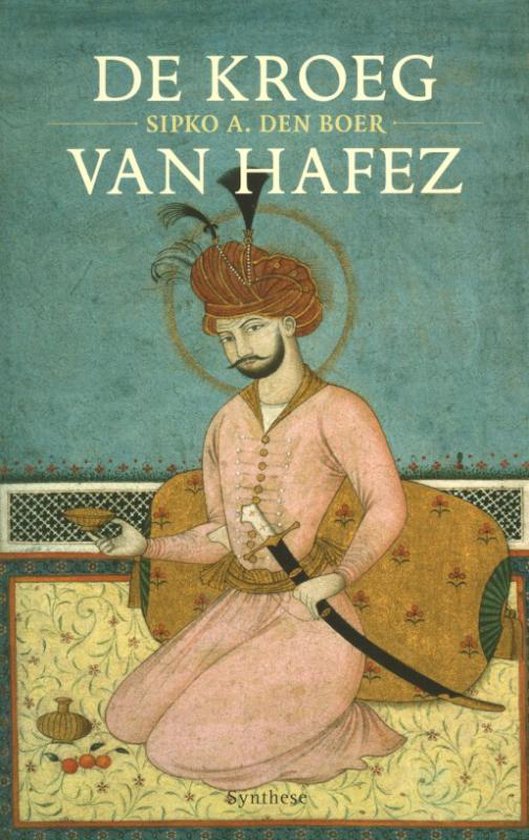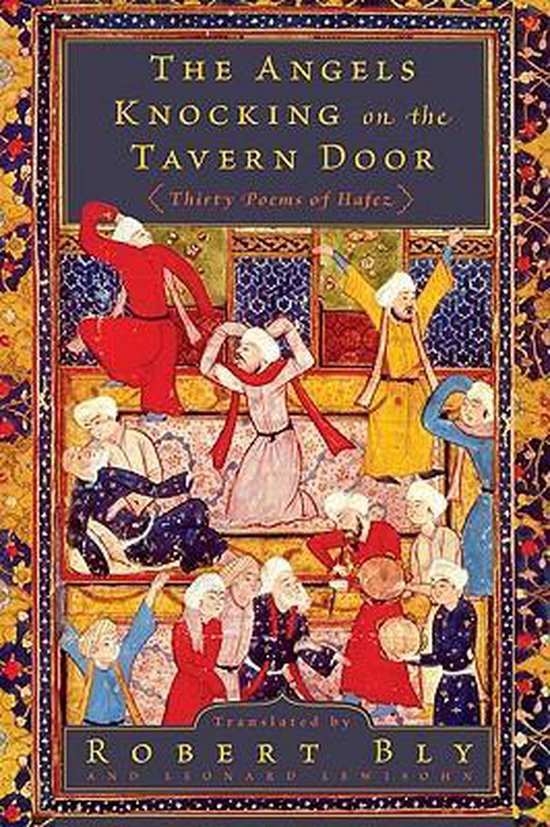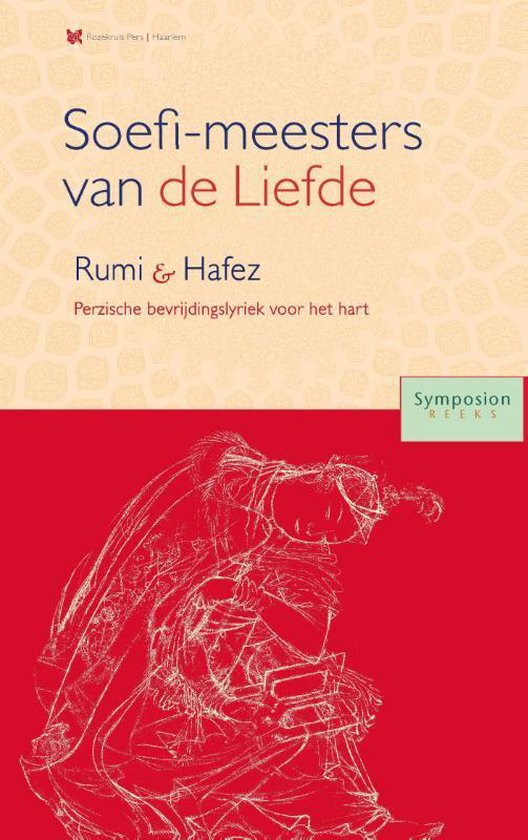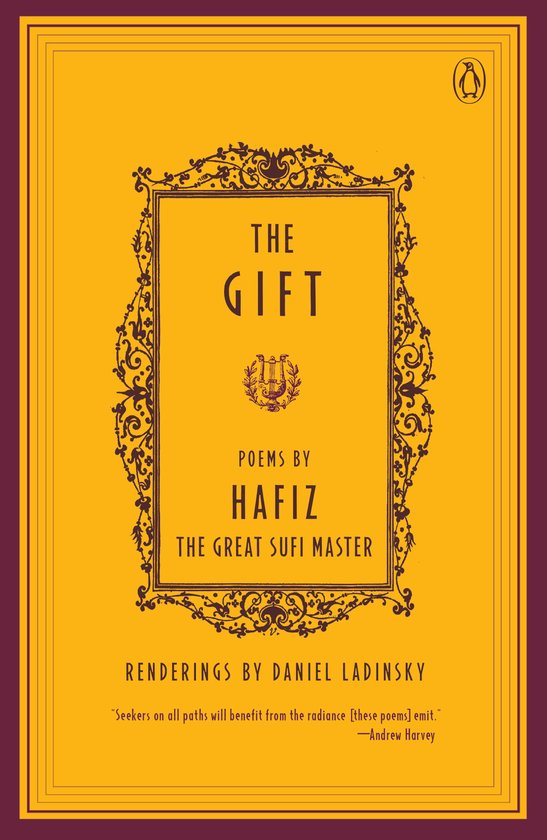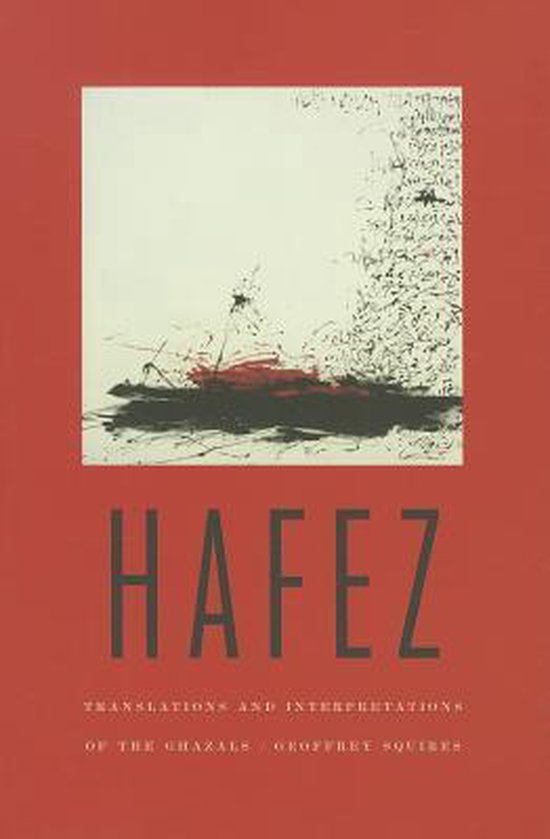
Hafez
Poetry. Middle Eastern Studies. Translated from the Farsi by Geoffrey Squires. Thought by many to be untranslatable, the great 14th century Persian poet Hafez, who has been celebrated by figures as different as Goethe, Emerson, and Bunting, has at last found the voice in English that he deserves. Geoffrey Squires, who lived in Iran for three years, gives powerful insight into that culture with these translations of the work of one of its iconic figures. Based on 248 ghazals (just over half the Divan), this is one of the most comprehensive translations ever to appear and also one of the most varied, revealing aspects of the workcourtly, lyrical, satirical, mysticalthat will surprise and delight many. Squires brings a poet's ear to the task, capturing the energy, wit and beauty of the original which after all this time still speaks to us. He also breaks new ground in terms of translation strategy, using short interstitial prose pieces to punctuate and point the text. Detailed background notes are provided, and there is an extensive bibliography in Farsi, English and French.
"Geoffrey Squires' translations of Hafez are not only beautiful (and they are) but innovate a new approach to the translation and presentation of poets from the distant and exotic past. In finding fresh means to show Hafez in context, Squires composes a work both faithful to Hafez and with a narrative power that opens a true dialogue between present and past. His Hafez in that sense sets a new standard for our time and for years to come."Jerome Rothenberg
"In their careful, musical, painterly pointing of difference in similarity, stress inside equanimity and singularity breaking the continuum, Geoff Squires' Hafez translations weave a shimmering, moiré fabric from the old and the new, the strange and the deceptively familiar. Squires is the best of hosts, too, offering small, genial and always useful interventions, tiny palate-cleansers of data or abstract form, which arrive before you knew you needed them. If Paul Blackburn had improvised a verbal riff on Astrophil and Stella, and Brian Coffey had written it down, they might have come close to, but would never equal, the marvelous sensual minimalism of Hafez and Squires."Peter Manson
"Geoffrey Squires is a poet of note. What strikes me is his capacity to put into words what is fluid or elusive, writing characterized by the innerness of its language. This explains why he has an affinity with Hafez. His long absorption in the world of Iran has led him to the masterpieces of its literature. Analyzing Hafez in the light of his predecessors such as 'Ayn al Qozat, he explores among other themes the mystic gulf between belief and faith. A richly mature work, this translation brings a new lustre to the jewel that is Hafez."Charles- Henri de Fouchécour
"Geoffrey Squires' translations of Hafez are not only beautiful (and they are) but innovate a new approach to the translation and presentation of poets from the distant and exotic past. In finding fresh means to show Hafez in context, Squires composes a work both faithful to Hafez and with a narrative power that opens a true dialogue between present and past. His Hafez in that sense sets a new standard for our time and for years to come."Jerome Rothenberg
"In their careful, musical, painterly pointing of difference in similarity, stress inside equanimity and singularity breaking the continuum, Geoff Squires' Hafez translations weave a shimmering, moiré fabric from the old and the new, the strange and the deceptively familiar. Squires is the best of hosts, too, offering small, genial and always useful interventions, tiny palate-cleansers of data or abstract form, which arrive before you knew you needed them. If Paul Blackburn had improvised a verbal riff on Astrophil and Stella, and Brian Coffey had written it down, they might have come close to, but would never equal, the marvelous sensual minimalism of Hafez and Squires."Peter Manson
"Geoffrey Squires is a poet of note. What strikes me is his capacity to put into words what is fluid or elusive, writing characterized by the innerness of its language. This explains why he has an affinity with Hafez. His long absorption in the world of Iran has led him to the masterpieces of its literature. Analyzing Hafez in the light of his predecessors such as 'Ayn al Qozat, he explores among other themes the mystic gulf between belief and faith. A richly mature work, this translation brings a new lustre to the jewel that is Hafez."Charles- Henri de Fouchécour
| Auteur | | Geoffrey Squires |
| Taal | | Engels |
| Type | | Paperback |
| Categorie | | Poëzie, Bloemlezingen & Letterkunde |
